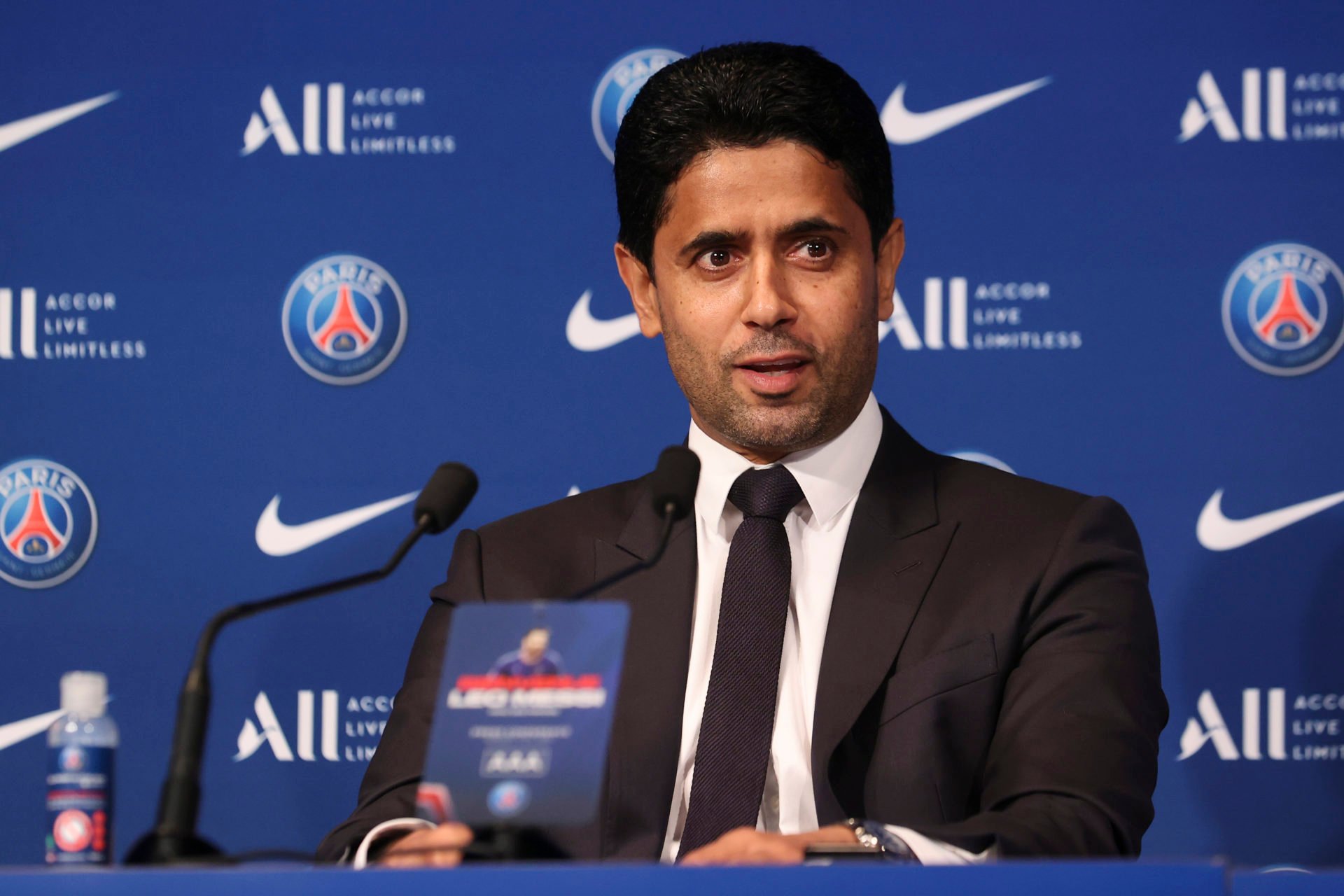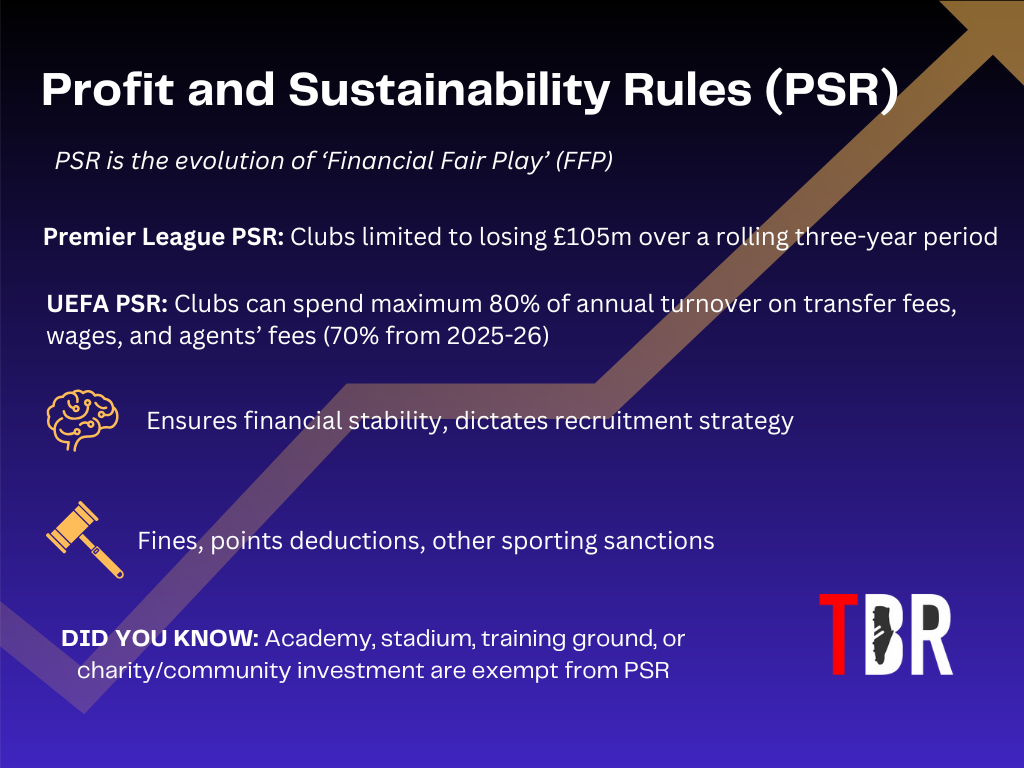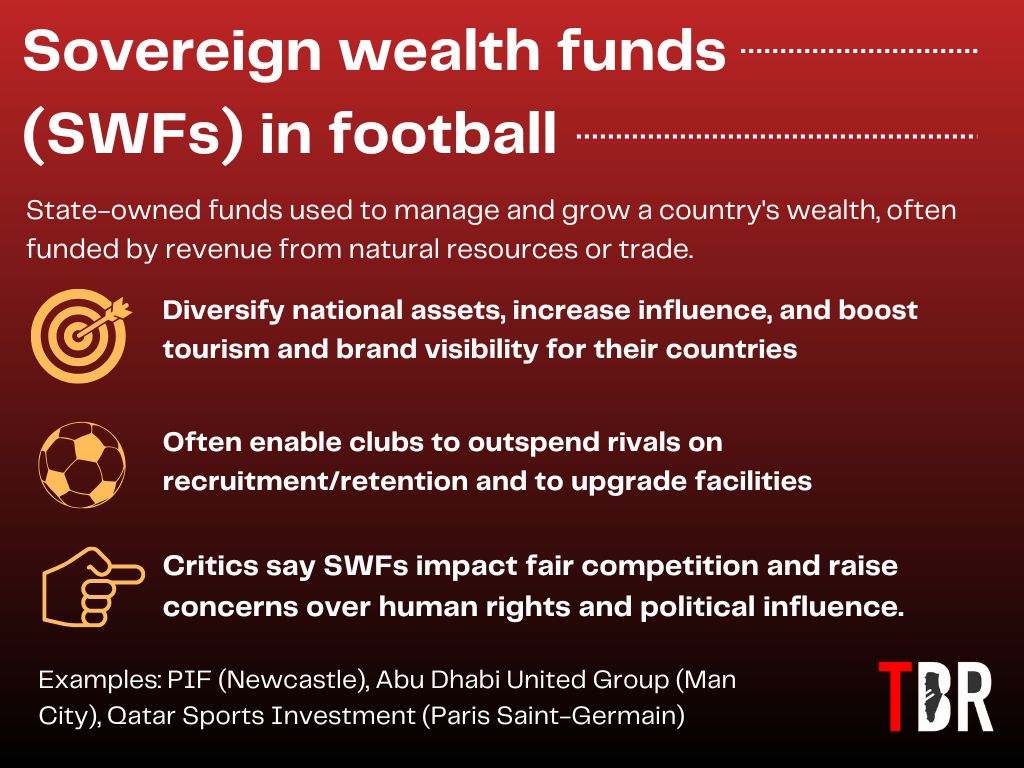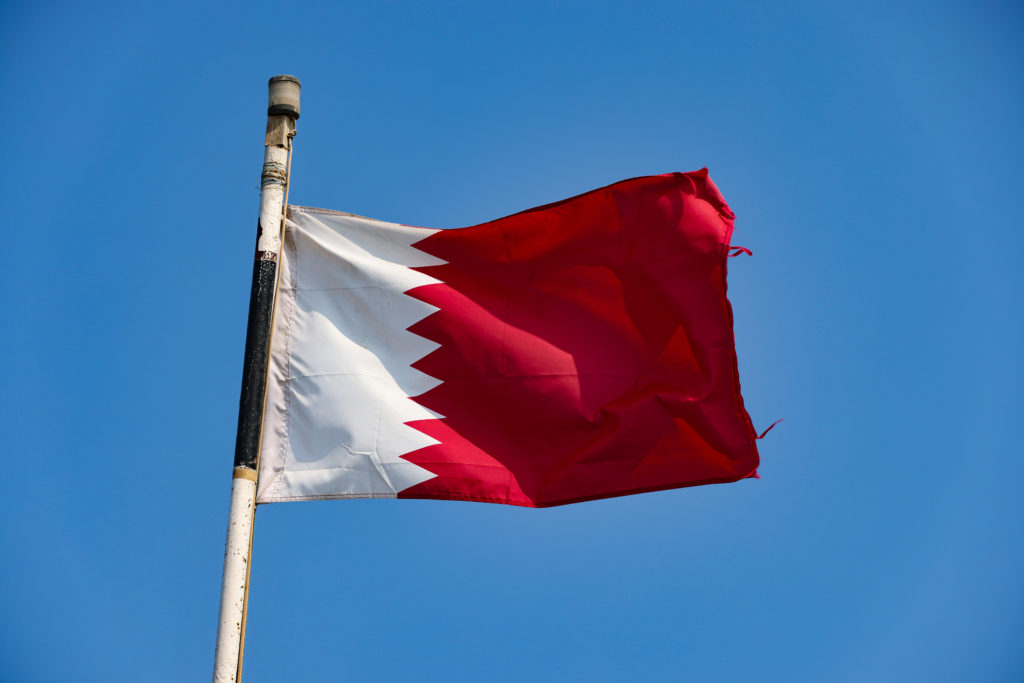Newcastle United owners PIF in talks for Qatari deal that would be a ‘huge coup’

Newcastle United’s Saudi owners control a portfolio worth almost £700bn and are perpetually making bold new business players in the world of sport.
After the Newcastle takeover in October 2021, the Saudi Public Investment Fund (PIF) has increased its influence in Formula 1, launched the LIV Golf league, monopolised boxing, and is now conquering tennis.
But football remains the venture that they are piling most of their chips on.
Saudi Arabia’s bid to host the 2034 World Cup, replete with space-age stadium designs and brand new cities in the desert, will cost more than the £200bn Qatar spent to stage the event in 2018.
There are no rival bids to host the World Cup, so that victory for the oil-rich Gulf state seeking to gain international influence and diversify its economy will soon be concerned.
PIF have also struck more strategic deals within the sport, such as a long-term partnership with CONCACAF, the representative body for North, Central America and Caribbean football associations.
There have, however, been whispers recently that PIF’s focus has been torn away from Tyneside, where Newcastle’s battle with Profit and Sustainability Rules (PSR) has undoubtedly frustrated them.

PIF are scaling back their overseas investments from around 30 per cent to 18-20 per cent, Newcastle chairman and the sovereign wealth fund’s governor Yasir Al-Rumayyan has confirmed.
One suggestion is that they could be moving more into the media space, which is less partisan and immune to club football’s financial turbulence.
Could the very latest developments from PIF HQ be a sign of things to come?
PIF in TV deal talks with Nasser Al-Khelaifi
Only recently, PIF were linked with acquiring a 10 per cent stake in the sports broadcaster DAZN, which would have cost them £760m.
PIF released a statement distancing them from the DAZN deal, which was not a great surprise given the outcry it would have caused because of the company’s status as a Premier League broadcaster.
However, in a potential deal that would cost far more and prompt the same concerns around conflict of interest, PIF are now targeting BeIN Sports.
The Qatari broadcaster is chaired by Paris Saint-Germain president Nasser Al-Khelaifi and is the Premier League broadcaster for the entirety of the Middle East and North Africa, as well as Turkey.
One of the most powerful men in sport, Al-Khelaifi is also chairman of the influential European Club Association and his Qatar Sports Investment (QSI) fund is Qatar’s equivalent of PIF.
The Newcastle factor: Why PIF’s potential deal with BeIN would be major shock
In the not too distant past, diplomatic relations between Qatar and Saudi Arabia were at breaking point.
In 2017, Saudi Arabia cut all ties with Qatar, although they have since resumed.
It was Qatar’s relationship – or lack thereof – which almost scuppered Saudi’s takeover of Newcastle in 2021.

Al-Khelaifi was mong those to put pressure on the Premier League not to ratify the deal because Saudi Arabia had been allowing mass piracy of BeIN Sports within its borders.
To see PIF get into bed with Qatar, a direct rival in the region with competing economic and soft-power interests, would be emblematic of the huge diplomatic shift in the Gulf.
Industry insider and football finance lecturer Kieran Maguire has been monitoring footballing rivalries in the Guld closely in recent years.
“Tensions have cooled between the two states,” the Price of Football author said when asked by TBR Football about the PIF having BeIN Sports in their crosshairs.
“It was quite hostile a few years ago. There are broader issues taking place in the Middle East at present, of course.
“The Emir of Qatar and Mohamed Bin Salman were seen sat next to one another at one of the matches at the World Cup.

“Saudi, of course, are going to host the World Cup in 2034, so this is part of a broader thawing og what were pretty poor relations.
“This would be a huge coup for both parties in the sense that it would indicate that they can operate together and distribute the Premier League rights and so on.
Related Posts
Related
Qatar Airways 787 Landing Gear Drops Into Drain After Cover…
A Qatar Airways Boeing 787 Dreamliner sustained damage after its landing gear fell into a drain at Hamad International Airport (DOH).
ExxonMobil Entitled to Tax Refund Based on Qatar Gas Partnership
Exxon Mobil Corp. is entitled to deduct interest payments it made to Qatar from its US taxes because the company performed qualifying production payments throug
Qatar’s Ooredoo reports $4.85 billion revenue in first nine months…
EBITDA rose by 4 percent to $2.11 billion, resulting in an EBITDA margin of 44 percent Doha-based telecom company Ooredoo has announced its financial results fo
Hamas rejects proposal for 30-day Gaza ceasefire | Semafor
Hamas on Thursday rejected a new proposal brokered by Qatar, Egypt, and the US for a 30-day ceasefire in Gaza.The proposal would have seen the release of a smal











